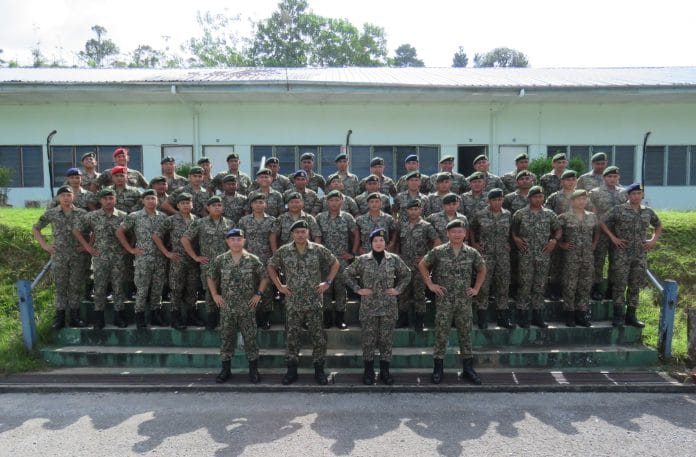Malaysian Army (ATM) will soon be recruiting computer hackers as a new military asset. This initiative comes as part of efforts to enhance defense systems amidst the development of future armed forces.
Defense Minister Datuk Seri Mohamed Khaled Nordin highlighted that the focus will be on non-traditional threats such as cyber attacks, digital threats, and electromagnetic defense. He emphasized that this approach is becoming the norm as military forces increasingly face sophisticated technological challenges, including unmanned drones and digitally controlled assets.
Speaking at a media briefing after launching the Defense White Paper Half-Year Study Kick-Off, Mohamed Khaled emphasised the importance of leveraging technologies like Artificial Intelligence (AI), big data, and digitisation within the Ministry of Defense (MINDEF) and ATM.
According to a local news report, he envisioned a future where highly skilled individuals, including hackers, would serve in the military, equipped with their own uniforms and units. He stressed the significance of adapting to technological advancements to avoid falling behind other nations, particularly Singapore, which has prioritized digital integration in its military services.
Mohamed Khaled also highlighted the need for such initiatives to strengthen control and monitoring systems in national waters and borders, particularly in combating smuggling threats. He noted the increasing use of drones by smugglers to monitor security forces’ movements and operations, posing challenges to interception efforts.
The Defense Minister underscored the urgency of preparations following incidents like the recent hacking and data theft from the Pentagon, which affected over 600,000 emails and impacted more than 2,500 government organizations. He warned that such incidents are not isolated and are likely to persist, necessitating proactive measures.
The establishment and development of the Future Force, Mohamed Khaled emphasized, should be a central goal driving the Defense White Paper and supporting policies and strategic plans. He cautioned that cyber attacks and activities by “hacktivists” pose significant risks to national security, with the potential to disrupt economic activities, government administration, healthcare systems, transportation, and more.









